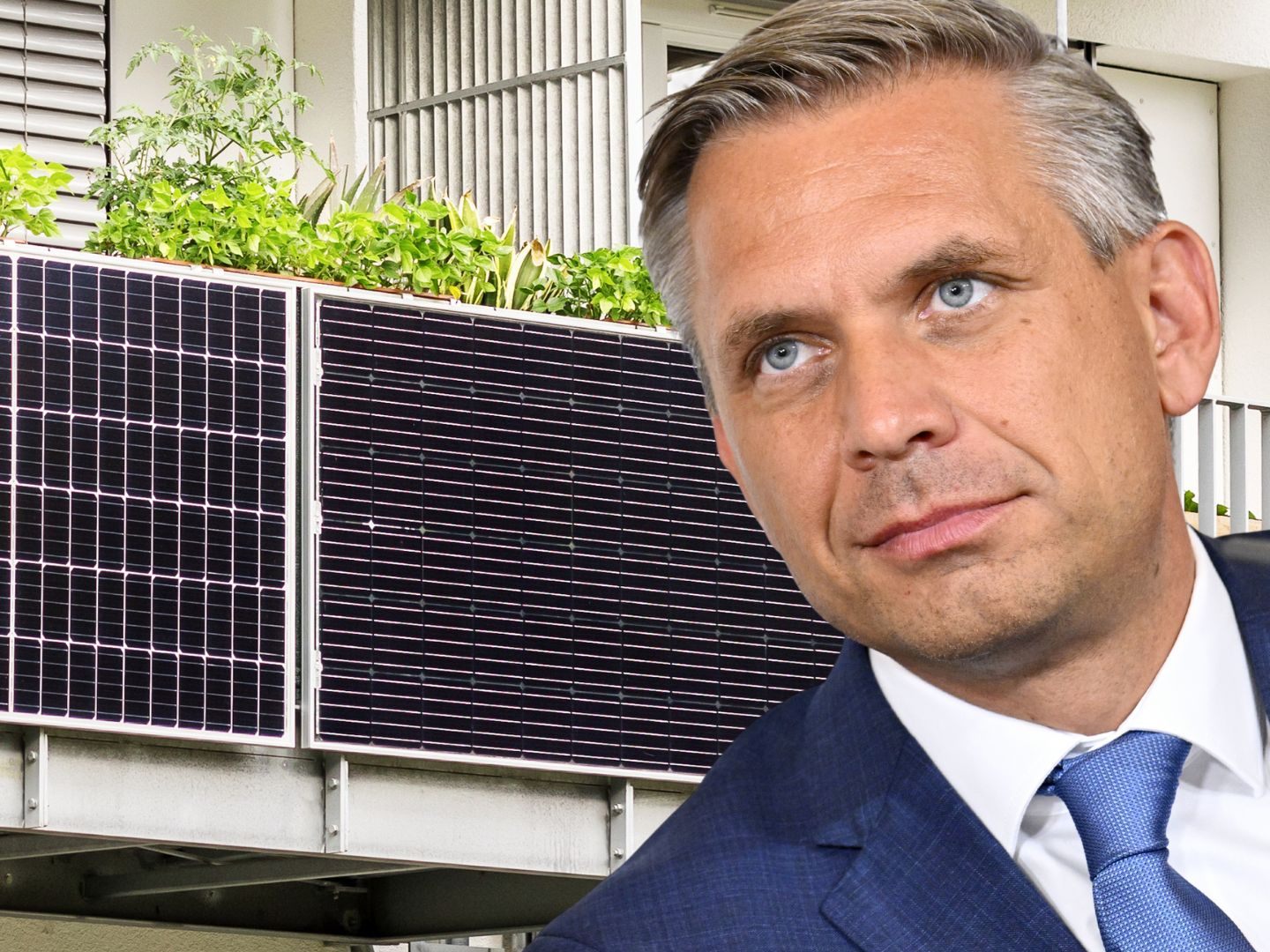Exception for Network Fees for PV Systems is Coming

Following significant criticism of the planned grid feed-in fees for photovoltaic (PV) systems, Minister of Economic Affairs Wolfgang Hattmannsdorfer (ÖVP) now announces exemptions for small systems.
No grid tariffs for small PV systems
"We are setting a maximum contribution for grid usage fees and creating an exemption for smaller, grid-supportive systems," it was stated in a press release on Thursday. In an interview with the Ö1-Morgenjournal, he defends the grid fees for electricity producers in principle.
"It cannot be that the increasing grid fees are paid by 3.5 million households, while 500,000 households also earn money at the wrong time on sunny afternoons by feeding in, and we have to shut down river power plants," he said to ORF radio. The background is the planned Electricity Industry Act (ElWG), for which the government of ÖVP, SPÖ, and NEOS also needs the approval in parliament from the FPÖ or the Greens.
Details of the exemption not yet known
It is not yet known how high the grid fees set by E-Control should be at most and from when a system is considered "small." "We will now discuss this in the coalition," said Hattmannsdorfer. By autumn, the draft is to be brought to parliament to start negotiations for the required two-thirds majority. The Minister of Economic Affairs also announced further refinements in the ElWG to increase the "attractiveness of storage technologies." Furthermore, they want to tie future subsidies to the condition that subsidized systems also include a storage element.
FPÖ Demands Transparency from Hattmannsdorfer
"The massively increasing network costs did not fall from the sky, but are the result of an ideological climate policy with blinders," criticized FPÖ energy spokesperson Axel Kassegger. Now follows the expensive bill for years of neglected work on the network infrastructure. The expansion will cost more than 50 billion euros by 2040, according to the Freedom Party. Kassegger demanded "transparency" from Minister of Economic Affairs Hattmannsdorfer: "To this day, there is no data basis on which the new distribution of network costs between electricity producers and consumers can be calculated." This data is also not available to E-Control. "The public has a right to know who should pay how much," Kassegger demanded clarification from the minister. Another problem besides the network costs is a "completely excessive tax and levy burden on energy."
Gewessler Remains Critical, Mikl-Leitner Glad About Heard Calls
The Green Party leader Leonore Gewessler remained critical on Thursday. She would measure Hattmannsdorfer's media announcement against a new draft law, she said during a press conference. "Comprehensive changes" must be made to the draft law currently available. Because at present, the government is "on the wrong track." The current law would slow down the energy transition and punish those who contribute to it, said Gewessler.
Lower Austria's Governor Johanna Mikl-Leitner (ÖVP), who had criticized the feed-in tariffs during the review period that ended in late August, welcomes the announced exemption for small PV systems. She is glad that "the calls from Lower Austria were heard." "Home builders" should not be punished for "their investments in the energy transition."
SPÖ energy spokesperson Alois Schroll expressed a similar sentiment. The "home builders" should "not be left out in the rain" while they make an important contribution to the fight against climate change with their renewable, cleanly produced electricity.
(APA/Red)
This article has been automatically translated, read the original article here.





